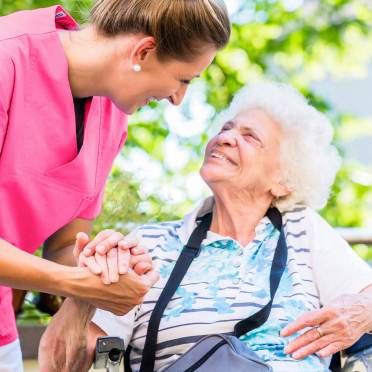Treatments
Sadly there is no cure for Parkinson's disease, only treatments being available to help reduce the main symptoms and maintain quality of life for as long as possible.
Treatments for Parkinson's disease include:
- supportive therapies, i.e. physiotherapy;
- medication;
- and even brain surgery, if necessary.
Sometimes no treatment is required during the early stages of Parkinson's disease, as symptoms are usually mild. However, it is highly recommended to monitor the condition by setting regular appointments with a specialist.





